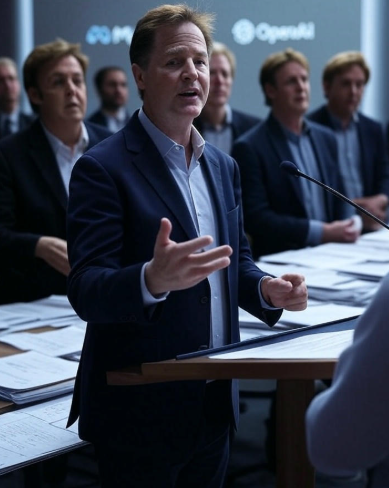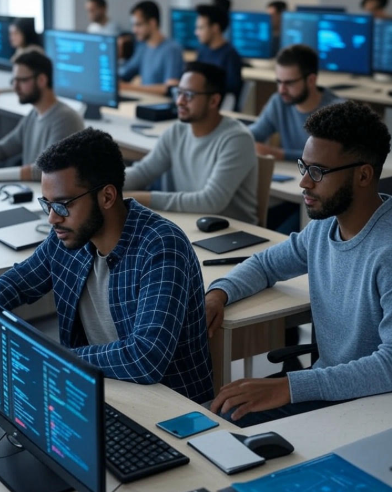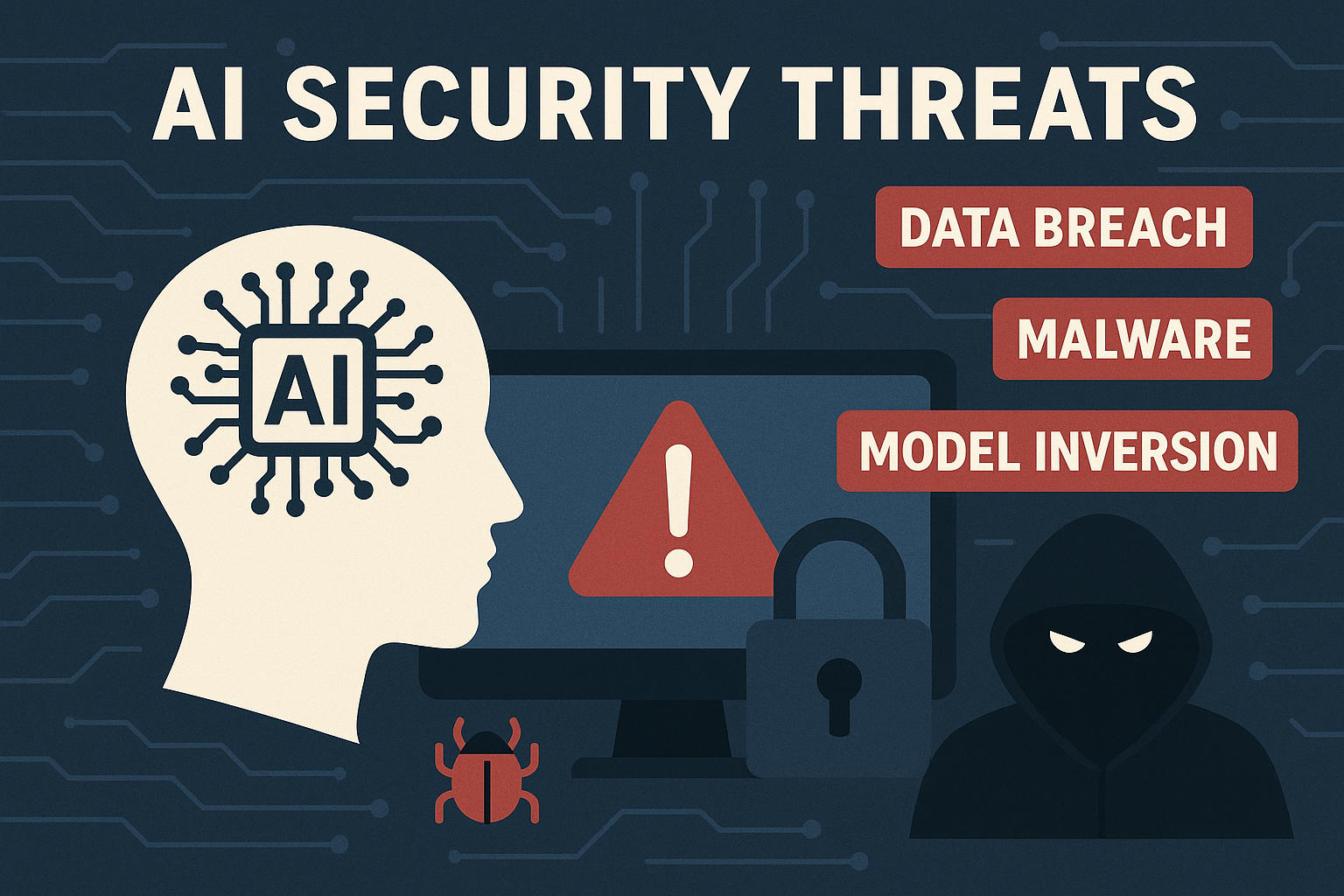Introduction
On May 26, 2025, The Verge reported on a controversial statement by Nick Clegg, former UK deputy prime minister and Meta executive, who claimed that requiring AI companies to seek artists’ permission before using their work to train models would “basically kill” the AI industry. Speaking at an event promoting his new book, Clegg argued that while artists should have the right to opt out, the logistics of prior consent are “implausible” due to the vast data needs of AI systems. This debate, reflected in Google’s “People Also Asked” section, highlights a global tension: how can the AI industry innovate without undermining the rights of creators? With high-profile figures like Paul McCartney and Elton John advocating for transparency, the stakes are high.
The Problem: Challenges of AI Training on Copyrighted Content
Nick Clegg’s statement underscores a rift between the AI industry and the creative community, revealing challenges that threaten to stifle innovation or harm artists if left unaddressed.
- Ethical Dilemma of Using Copyrighted Work Without Consent
The ethical issue at the heart of this debate is the use of artists’ work without permission. AI models, such as those developed by Meta or OpenAI, rely on scraping vast amounts of online data including copyrighted music, art, and literature to train their systems. Clegg argues that seeking prior consent is impractical, but artists like Paul McCartney and Elton John, who signed an open letter, demand transparency and control over their creations. This lack of consent feels like exploitation to creators, who see their livelihoods threatened by AI-generated content that mimics their style without credit or compensation. Posts on X echo this sentiment, with users calling the practice “theft” and questioning the morality of an industry built on uncompensated labor, a concern frequently raised in global discussions about AI ethics.
- Legal Ambiguity and Regulatory Gaps
The legal landscape for AI training data is murky, exacerbating the conflict. In the UK, where Clegg spoke, Parliament recently voted against a proposal that would have required AI companies to disclose the copyrighted materials used in training, with a 195-124 vote on May 26, 2025. This decision, while a win for tech companies, leaves artists without recourse to protect their intellectual property. Globally, copyright laws vary some jurisdictions like the EU are stricter, while others lack clear guidelines. This ambiguity allows AI companies to operate in a gray area, but it also risks future lawsuits, as seen with Meta facing claims from authors in 2025. The absence of unified regulations creates uncertainty, a topic often explored in online searches about AI and intellectual property rights.
- Practical Challenges of Prior Consent at Scale
Clegg’s core argument that seeking prior consent is logistically infeasible has merit from a technical perspective. AI systems train on billions of data points, from blog posts to images, often scraped from the public internet. Contacting every creator for permission would be a monumental task, potentially stunting AI development, as Clegg warns. For example, OpenAI’s deal with News Corp to train ChatGPT shows how licensing agreements can work, but scaling this to millions of individual artists is daunting. This practical challenge fuels the AI industry’s resistance to consent requirements, a concern frequently raised in global queries about the feasibility of regulating AI training data.
- Economic Impact on Artists and the Creative Industry
The economic implications for artists are profound. The UK’s creative sector employs 2.5 million people, and AI’s ability to generate art, music, and literature threatens to devalue human creativity. If AI companies can freely use copyrighted work, artists lose potential revenue from licensing deals or royalties. This could discourage new talent, stifling cultural innovation in the long term. Meanwhile, AI companies profit immensely Meta, for instance, has leveraged AI to enhance its platforms, yet resists compensating creators. This imbalance, highlighted by Clegg’s comments, is a growing concern in online forums, where users debate the fairness of AI’s economic model.

The Solution: Balancing Innovation and Fairness
To resolve this conflict, the AI industry, governments, and artists must collaborate on solutions that protect creators’ rights while fostering technological advancement.
- Implementing a Universal Opt-In Opt-Out System
A universal opt-in/opt-out system could bridge the gap between practicality and ethics. Instead of requiring prior consent for every piece of content, AI companies could develop a global database where creators register their work and specify whether it can be used for AI training. By default, content would be opted out, requiring artists to opt in if they choose. This system, similar to data privacy laws allowing users to decline tracking, ensures artists maintain control without burdening AI companies with individual outreach. Tech giants like Meta could fund this initiative, addressing global concerns about fairness while maintaining access to vast datasets.
- Establishing Fair Licensing Models
AI companies should adopt fair licensing models to compensate creators whose work is used in training. For example, a revenue-sharing model could distribute a portion of AI-generated profits to artists based on the extent their work is utilized. OpenAI’s partnership with News Corp provides a blueprint extending this to individual creators could involve micro-payments for each use of their content. Governments could incentivize this through tax breaks for companies that comply, ensuring artists are financially rewarded. This solution addresses global questions about economic equity, allowing the AI industry to thrive while supporting the creative sector.
- Creating Unified International Regulations
Governments must work together to create unified international regulations for AI training data. The G7 and OECD, as Clegg previously suggested in a 2023 Guardian interview, could lead this effort, establishing standards for transparency and accountability. These regulations should mandate that AI companies disclose the sources of their training data and provide artists with the right to opt out or seek compensation. High-risk AI applications, such as those generating art, could require stricter oversight, similar to the EU’s AI Act. This global framework answers online queries about regulatory gaps, ensuring consistency across jurisdictions and preventing the AI industry from exploiting legal loopholes.
- Promoting Transparency Through Technology
AI companies should leverage technology to promote transparency. Blockchain, for instance, could track the provenance of training data, allowing artists to see when and how their work is used. Companies like Unitree Robotics, which recently made headlines for a robot kickboxing event, have used transparency to build public trust AI firms could follow suit. By publishing annual reports detailing data usage and compensation, companies can demonstrate accountability. This transparency addresses global concerns about the ethical use of AI, fostering trust between the industry and creators.
- Educating Artists and Encouraging Collaboration
Finally, the AI industry should invest in educating artists about the benefits of AI collaboration. Workshops and partnerships, like those Toyota Gazoo Racing used to engage fans with the GR Supra, could teach creators how to use AI tools to enhance their work such as generating new music styles or visual art. In return, artists could opt into sharing their work for AI training, creating a symbiotic relationship. This collaborative approach, paired with fair compensation, answers global curiosity about how AI and artists can coexist, turning a contentious issue into an opportunity for mutual growth.
Future Outlook
Implementing these solutions faces hurdles. A universal opt-in/opt-out system requires global cooperation and funding, while licensing models may increase costs for AI companies. Unified regulations demand political consensus, which is slow to achieve, and transparency initiatives could face resistance from firms guarding proprietary data. Educating artists requires sustained effort to overcome skepticism, as seen in posts on X calling Clegg’s stance “greedy.” However, as AI continues to evolve, these steps can pave the way for a balanced ecosystem. By 2030, the AI industry could set a global standard for ethical data use, ensuring innovation doesn’t come at the expense of creativity.
Conclusion
The Verge’s report on May 26, 2025, of Nick Clegg’s claim that artist consent would “kill” the AI industry highlights a critical global challenge: balancing technological progress with the rights of creators. Ethical dilemmas, legal ambiguities, practical constraints, and economic impacts threaten both sides, but solutions like a universal opt-in/opt-out system, fair licensing, unified regulations, transparency, and collaboration offer a path forward. As of May 27, 2025, the AI industry stands at a crossroads by prioritizing fairness over exploitation, it can foster innovation that benefits all, proving that progress and ethics need not be at odds.



